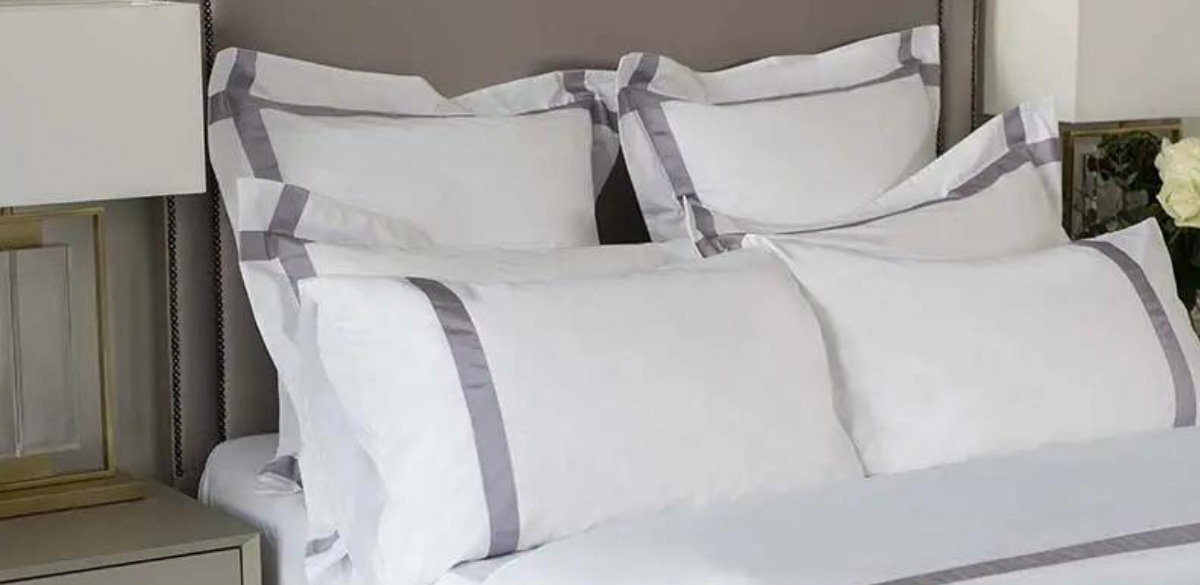Ensuring optimal sleep quality is paramount for a multitude of health benefits. This is especially important for our guests on board as it directly affects their mood, ultimately contributing to a smoother and more enjoyable experience. As we all know happy guests directly translates to a smoother and more enjoyable life for the crew.
Numerous factors contribute to a restful night’s sleep, some beyond our control, such as guests’ alcohol intake before bedtime or their caffeine consumption post-2 pm (after all, we would never substitute decaf in the evening, right?!) However, there are proactive measures we can take to enhance the sleep experience.
The foundation of a good night’s sleep is firstly, the mattress, pillow, and bedding. Research advocates a medium-firm mattress as the optimum choice for most individuals. However, recognizing individual preferences and maybe keeping mattress toppers on hand to cater to varying tastes could be a good idea if you have the space. A pillow menu can also be a thoughtful touch since the best pillow for restful sleep depends on the guest’s preferred sleeping position. Additionally, if you have down pillows on board, it offers alternatives for guests with allergies.
The texture and temperature-regulating properties of bedding significantly impact sleep satisfaction. While silk stands out as the ultimate material, percale cotton provides a more practical alternative for comfort and temperature control.
Turning our attention to the environment, maintaining an optimal room temperature is crucial. Research indicates that a temperature range of 65-68 F/18-20 C is ideal for promoting restful sleep. So maybe we can suggest to lower the air conditioning a few degrees at turn-down.
Considering light interference, a dark room is conducive to sleep. Installing blackout blinds or curtains, along with strategically placing or blocking light sources away from the bed, aids in melatonin production.
Embracing natural light is a simple yet impactful measure, and this is an easy one for our guests. According to studies getting just 30 minutes of natural light a day will greatly increase sleep quality (maybe this is more for the interior crew to take heed of!)
Minimizing noise disturbances, though challenging during overnight passages, can be addressed by providing guests with earplugs or offering the option of a white noise machine to mask the engine noise.
Aromatherapy adds another layer to the sleep-enhancement arsenal. Scents like lemon, bergamot, ylang-ylang, and lavender are known to induce sleep. Introducing a sleep spray or an air diffuser with these calming scents, either individually or in combination, can create a serene and sleep-friendly cabin.
To conclude, some simple changes could help your guests sleep better which will only make life easier in the long run!
Clair Minto
info@chiefstewshop.com
+44 781 667 8634
www.chiefstewshop.com
Instagram: @chief_stew_shop


























0 Comments